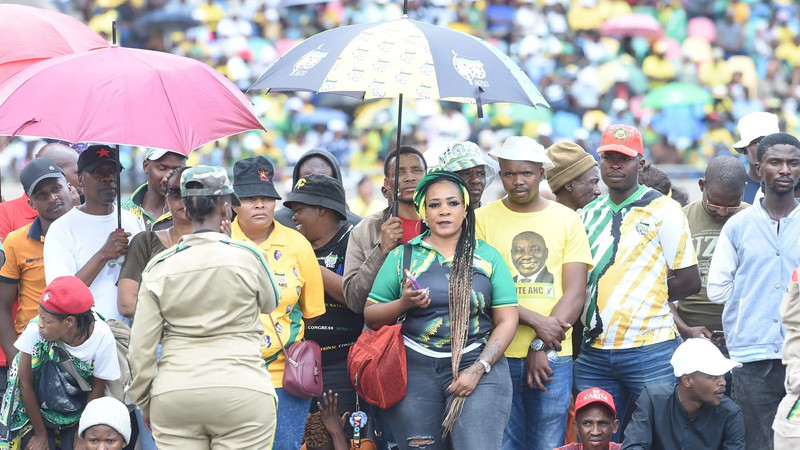South African President Faces Criticism Over Leadership Approach
President Cyril Ramaphosa draws sharp criticism from political observers who question his selective use of presidential authority. Critics argue the South African leader only demonstrates decisive action when confronting politically safe targets.
An opinion piece published recently challenges Ramaphosa’s leadership style, suggesting he avoids difficult decisions that could damage his political standing. The commentary specifically targets his proposed National Dialogue initiative as insufficient for addressing the country’s pressing challenges.
“No National Dialogue will help the President grow a spine to do what is needed,” the opinion writer states. The piece argues that dialogue sessions cannot substitute for bold presidential action on critical national issues.
Political analysts point to a pattern where Ramaphosa speaks forcefully on less controversial matters while remaining silent on complex problems requiring significant political risk. This approach allegedly undermines public confidence in his willingness to tackle South Africa’s most serious challenges.
The criticism extends beyond rhetoric to question Ramaphosa’s commitment to spending political capital for national benefit. Critics argue the president prioritizes personal political survival over necessary but unpopular reforms.
The commentary reflects broader concerns about presidential leadership effectiveness in South Africa’s current political climate. Opposition voices increasingly challenge Ramaphosa’s ability to deliver meaningful change through consensus-building rather than decisive action.
These leadership questions emerge as South Africa faces multiple economic and social challenges requiring strong presidential intervention.









